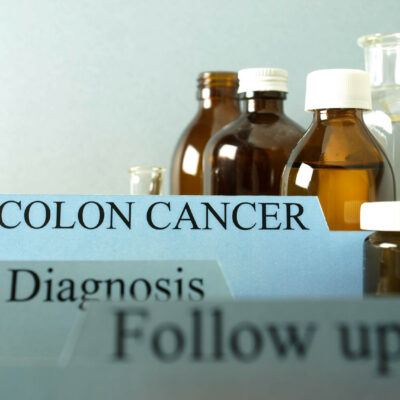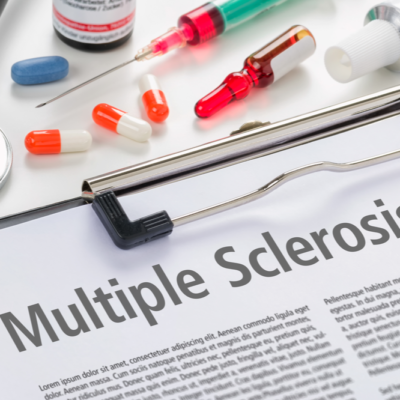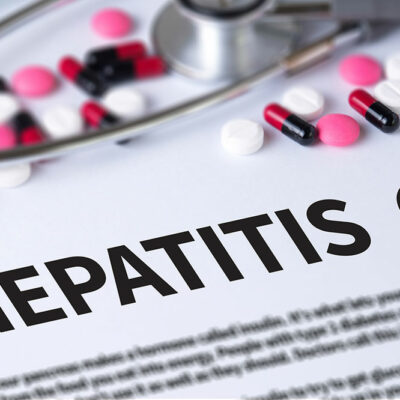
Health
4 Things to Know about Breast Cancer Risk During Menopause
Although there is no evidence to show that menopause increases the risk of breast cancer, the chances of developing breast cancer increase with age. There are also some medicines used to manage menopause symptoms that can have a role to play in the development of breast cancer. So, here are some important things every woman should know about breast cancer and menopause to live a healthy life. 1. Does menopause increase the risk of breast cancer? Menopause does not lead to breast cancer. However, breast cancer and menopause are related because the chances of developing breast cancer keep increasing with age. This puts menopausal women at a higher risk of breast cancer. Also, women who undergo menopause after 55 are at a higher risk of developing breast and endometrial cancer. The reason behind this is believed to be the presence of excess estrogen. 2. What role does hormone replacement therapy have on breast cancer development? Evidence suggests that the longer a woman has high levels of estrogen in her body, the higher her chances of developing breast cancer. Women going through menopause who suffer from symptoms are often given hormone replacement therapy. So, the longer a woman stays on the treatment and keeps getting a combination of progesterone and estrogen, the higher her chances are of suffering from breast cancer.
Read More 















